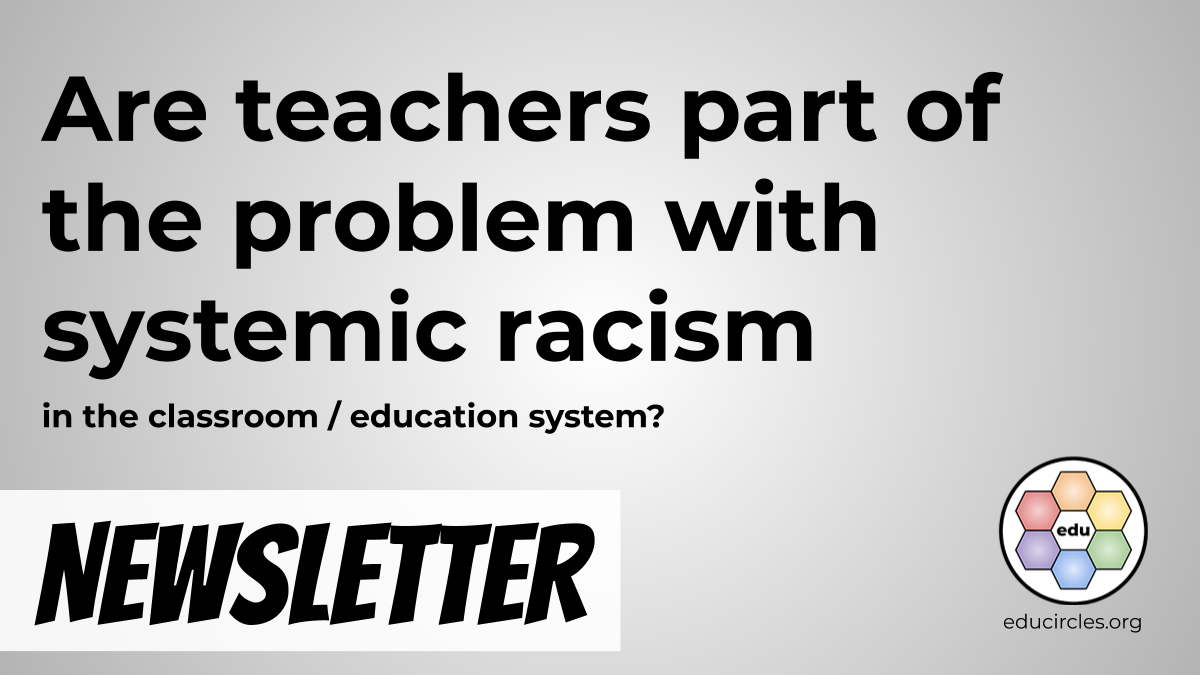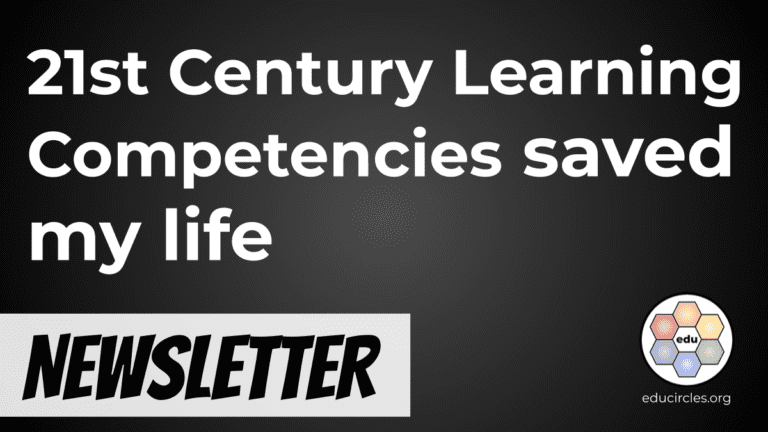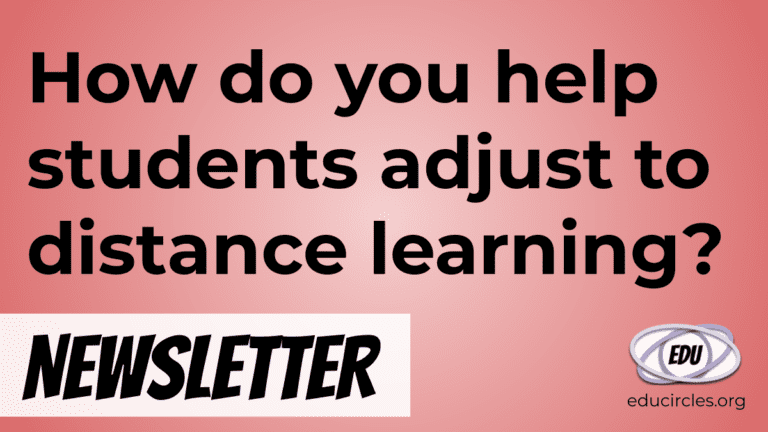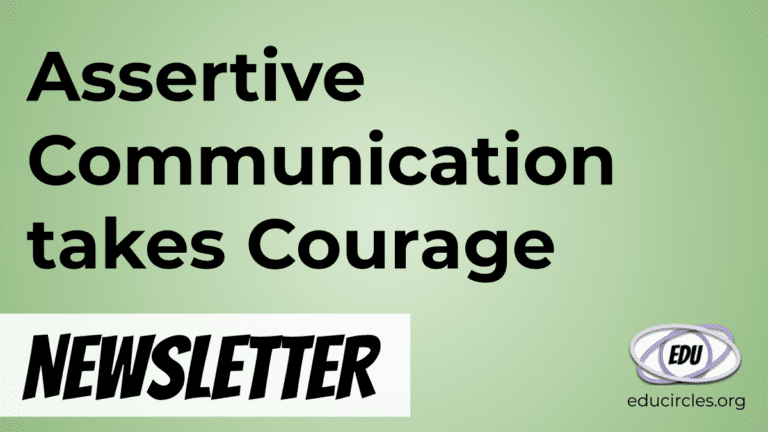Are teachers part of the problem with systemic racism in the classroom / education system?
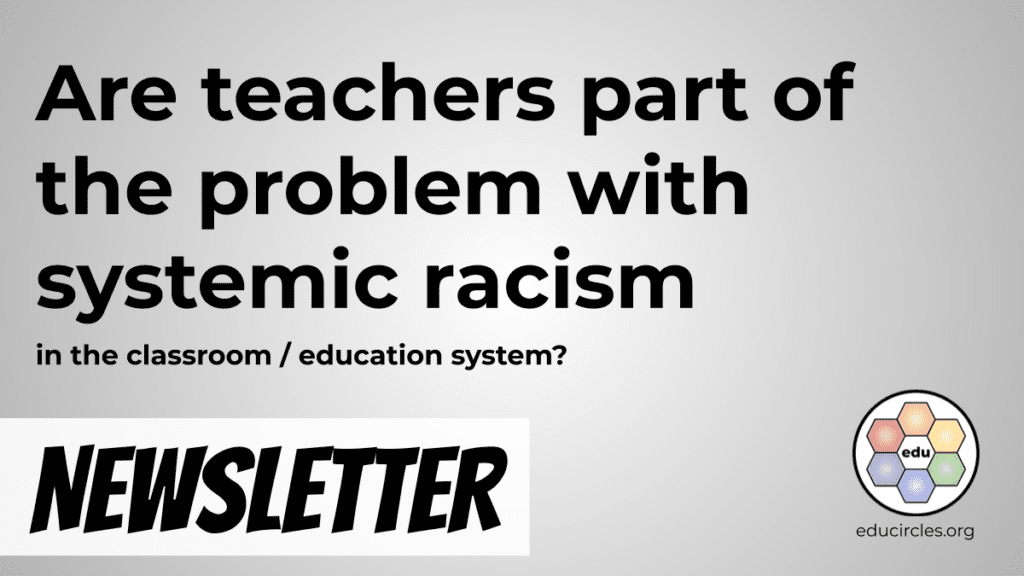
How are we addressing (or not addressing) racism and social justice in our classrooms?
First, Covid-19. Then, George Floyd’s death.
We live in uncertain times. The only constant thing is change.
As teachers, we have a lot of power in our classroom – we choose what resources to use and what topics to spend time on… or not spend time on.
We’re part of a system that raises our children. So, when there’s systemic racism or discrimination in the education system, well like it or not, we’re part of that system.
Teachers are human.
- We all have personal opinions and unconscious bias.
- We all make mistakes.
- We all experience privilege in one way or another – maybe through our race, gender, education level, sexual orientation, or another aspect of our identity.
Not sure we have privilege?
- Check out Peggy McIntosh’s classic 26 questions about privilege.
- Then, instead of thinking about race, modify the questions to be about gender (Male privilege? Cis privilege?) or another part of who we are.
- Finally, take those questions about racial privilege and apply them to our classroom and schools. Whose voices do we spend time on in our classrooms and who is invisible or silent?
The system is broken.
I know.
Teachers have limited resources. The textbooks and resources were already purchased when we got there. We need to prep for standardized testing. We don’t always have time to explore those teachable moments that come up because of the realities of our job.
- We have a huge curriculum to get through.
- There’s so much marking.
- We definitely don’t have enough prep time to pivot our lessons and come up with new material to respond to world events.
Besides, shouldn’t we leave politics outside of the classroom and let students make up their own minds? Aren’t teachers supposed to be apolitical in the classroom?
We might only focus on heroes and holidays for different cultures, but isn’t that better than nothing?
3 things you can do right now with your students to help them respond to a changing world
We may not be able to control the curriculum or the resources we have, but we can control how we teach the curriculum.
Here are 3 suggestions on how you can continue to empower your students with transferable skills that help them survive and thrive academically in class… and also in a changing world.
1. Remind students how to ask questions
…instead of just answering the teacher’s questions. Here’s a free youtube video about how to ask better questions as a reading strategy, but this process works equally well with any issue… inside or outside of the classroom.
2. Encourage students to make deep connections.
Here’s another youtube video that shows students step by step how to convert thin connections into deep connections. The sample text in the video is about bus segregation in Montgomery, Alabama in 1955. What connections can your students make?
3. Explore the difference between fair and equal.
Can you students share their opinion and at the same time respect classmates who have different opinions? Let’s find out.
Here are 17 debate questions. Go through a series of “fun” questions to more “serious” questions and get students wondering about fairness and equality. This anti-racism / social justice / citizenship debates lesson package is my best-selling product. It’s currently 50% off right now to support teachers discussing recent events in the US.
With a world that is changing, but not changing at the same time, how are we getting our students ready for the 21st Century?
If you were going to add a 4th way to help your students respond to a changing world, what would it be?
Disagree? Agree? Did I miss the point because of my own bias and privilege? Leave a comment here.
Cheers,
Mike Fuchigami
